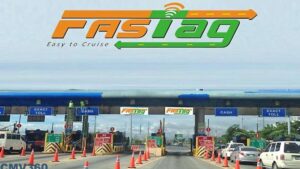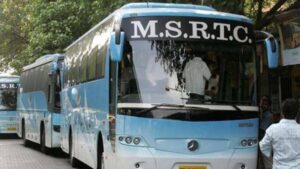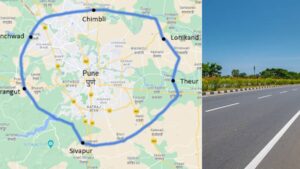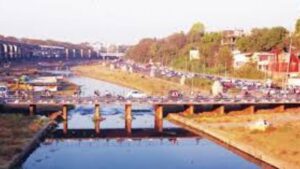Not justified to charge toll on bad roads, authorities and contractors always in a hurry to collect toll – Nitin Gadkari
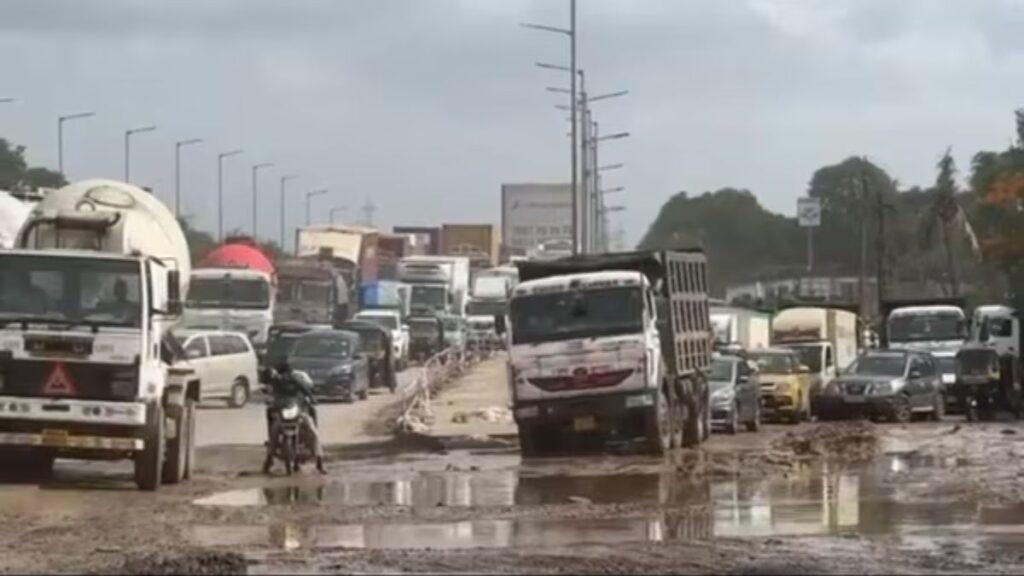
Actual photo of a stretch of Mumbai-Ahmedabad highway.
Union Minister for Road Transport and Highways, Nitin Gadkari, has voiced strong concerns over the toll collection practices on highways, emphasizing that there should be no justification for levying toll if the roads are not maintained properly. Speaking at a global workshop on satellite-based tolling, Gadkari underscored the need for highway agencies to ensure quality road infrastructure before collecting toll fees.
Gadkari remarked, “If you don’t provide good services, you should not charge toll… We are in a hurry to start tolling to collect user fees and protect our interest. When the condition of any road is not good, I get numerous complaints and there are social media posts all over.” He expressed sensitivity towards public grievances, noting that toll plazas often cause inconvenience and frustration among commuters.
The minister further added, all toll gates should have grievance redressal system for wrongly deducted amount from the user’s FASTag account. There should also be a mechanism for disputing fines charged by the system. He said, forcible implementation of unfair practices can lead to collapse of toll collection system.
Click here to watch full speech of Nitin Gadkari
Despite the mandatory use of FASTag for toll payments since 2021, facilitating seamless travel through dedicated lanes, reports of long queues at toll plazas persist nationwide. In response, the National Highways Authority of India (NHAI) is advancing the implementation of Global Navigation Satellite System (GNSS)-based toll collection. This technology aims to phase out toll gates across the NH network, starting with commercial vehicles mandated to install vehicle tracker systems (VTS) for non-stop toll payments.
The Ministry of Road Transport and Highways has finalized amendments to the Central Motor Vehicle Rules and NH Fee Rules to facilitate the phased rollout of GNSS-based tolling, with plans to include private vehicles in subsequent phases.


